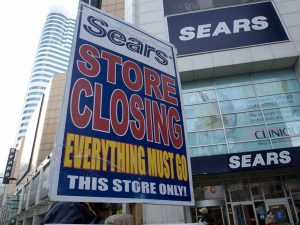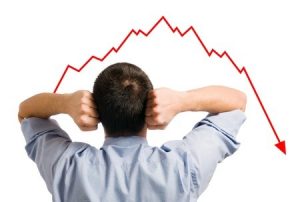Sexual harassment is nothing to laugh about. It makes you feel insecure. It makes you feel vulnerable. It makes you feel powerless. One of my closest friends was being sexually harassed at one point in time and she only told me weeks after it occurred because she was too embarrassed. I didn’t understand why she would feel embarrassed when it wasn’t her fault – it was his. She was distraught; she told me she could’ve stopped it and began questioning herself. I didn’t exactly know what to think about this topic then, but I do now.
It all started with Harvey Weinstein; one of Hollywood’s biggest producers. What the public didn’t know was that he had been sexually exploiting women for decades. However, on October 5th, the floodgate doors were opened and everyone discovered who he truly was. Over forty women have now shared stories of their encounters with Weinstein, publicly. Since then, a plethora of celebrities have come out regarding their experiences with sexual harassment in their lives including the likes of Terry Crews, Ashley Judd, and Heather Lind. Harvey Weinstein was the beginning of something big. He was the first domino and because of him, a nationwide movement began. The hashtag “me too” has been trending for weeks now; its purpose was to bring the stories of those who have been sexually harassed/assaulted to the forefront.
When we look at the powerful individuals who have been ousted and their companies performance’s, there is a relation. They’ve been performing poorer than their competition. In relation to Jeffrey Hugessen’s blog post regarding the decline in NFL viewership after players began kneeling during the national anthem, the Weinstein group’s latest movie performed poorly in theatres where it only grossed $742 million (McNary, 2017). In both cases, controversy negatively impacted the profits of these organizations. This can be explained by looking at McKinsey Quarterly’s consumer decision journey. (Court, Elzinga, Mulder, Vetvik, n.d.). These companies may still pass the awareness and familiarity stages but once consumers begin to consider the products being offered, they will end their search and take their business elsewhere. Because of the multitude of news reports coming out, the negative press being received, and harmful connotations associated with these companies, consumers form a negative opinion and their evaluation ends there.
Do these companies deserve to suffer because of the actions of their higher-ups? I believe so. For decades, Weinstein went unchecked because people in his company were too scared to say something. Maybe this will serve as a lesson for companies in the future – Sexual harassment is horrible for marketing.

Sources
Article: http://www.cbc.ca/news/entertainment/harvey-weinstein-ousted-sexual-harassment-claims-1.4346275
McNary, D. (2017, October 29). First Weinstein Co. movie post-Harvey scandal grosses just $742m. Retrieved from http://nypost.com/2017/10/29/first-weinstein-co-movie-post-harvey-scandal-grosses-just-742/
Consumer Decision Journey: Court, D., Elzinga, D., Mulder, S., & Vetvik, J. (n.d.). The consumer decision journey. Retrieved from https://www.mckinsey.com/business-functions/marketing-and-sales/our-insights/the-consumer-decision-journey
Peer Blog: https://blogs.ubc.ca/jeffreyhugessen/2017/09/26/nfl-tv-ratings-decline/
Image: http://commonlegalquestions.com/index.php/2014/05/27/what-is-sexual-harassment/
Word Count: 433

